Thursday 4 May – 6.00pm
Novotel Christhcurch Cathedral Square – Crossings Lounge
Next Gen Leadership
Friday 5 May – 8:50am
Mihi whakatau – Welcome
9:20am
Hillmarè Schulze – Global economic issues and megatrends to put on your radar
10.05am
Amelia Burnett – The global innovation imperative: why your organisation needs to considering InfraTech
11.00am
Panel session – Government & industry collaboration: the future of steel in Aotearoa New Zealand and strategies for Government and industry collaboration with Hon Julie Anne Genter, Green Party spokesperson for Building and Construction and Deputy Chair of Parliament’s Transport and Infrastructure select committee; Leader of The Opportunities Party, Raf Manji and BERL Director and Chief Economist, Hillmarè Schulze.
11:50am
Teresa Poli – Dropping the fear of being culturally offensive: practical steps for constructors
12:20am
Hilary West-Reeve – The business case for waste management on your projects
12:50pm
Tina | Lunch
1:45pm
Gretta Stephens – The realities of decarbonisation for steel
2:25pm
Panel session – Succession planning: the high priority need for every business with Bellingham Wallace Director, Cam Wallace; Armillary Private Capital Joint Managing Director, David Wallace; and REDE Senior Broker, James Macmillan.
3.30pm
Raed El Sarraf – Designing our way out of the Climate Crisis – An Engineer’s View
4:15pm
Whakamutunga – closing of conference
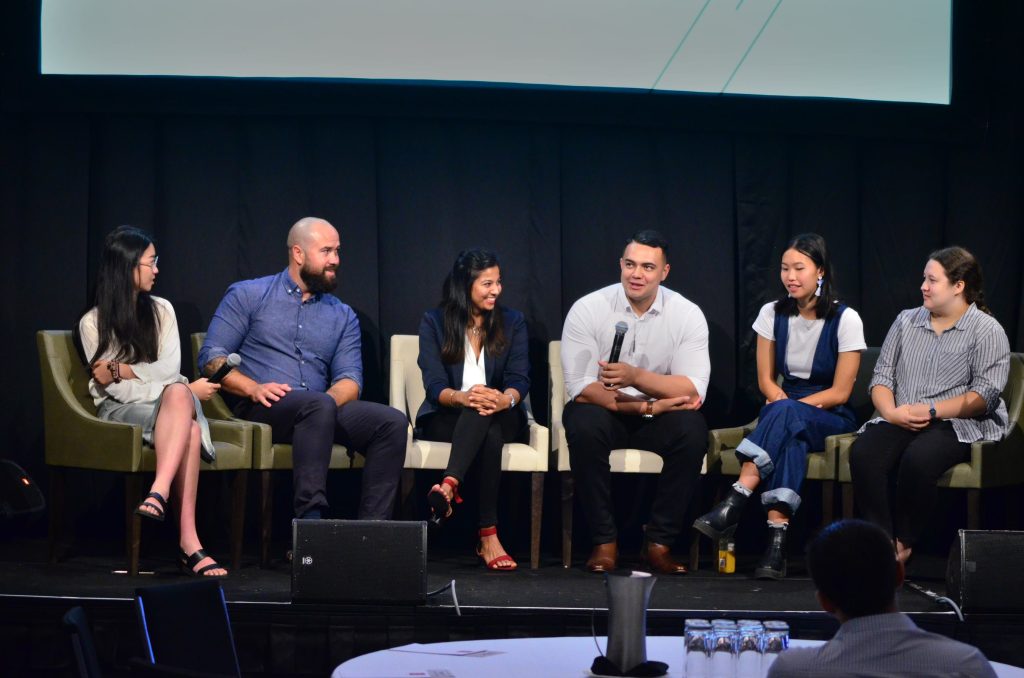
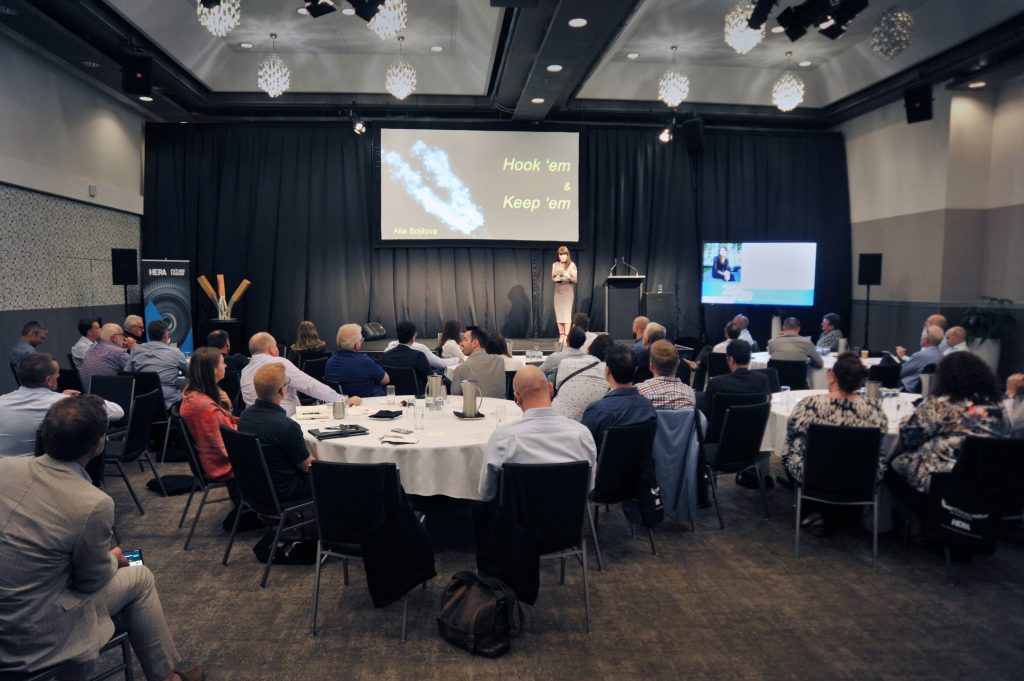
Bonus offering
A special attendee bonus will be the provision of a video recording from Will Hawkins, University of Bath Lecturer – Department of Architecture & Civil Engineering. This will be on the topic of Carbon vs. Timber: what you need to know to answer your clients on sustainability. This will be forwarded to attendees post-event.
Will is a structural engineer and researcher interested in efficient and sustainable use of materials in buildings. His specific areas of research include the potential of shell structures to minimise material usage, innovative structural use of low-carbon, natural materials, sustainable re-use of existing buildings, life cycle assessment and embodied carbon of structural materials, optmisation of concrete structures and textile-reinforced concrete.
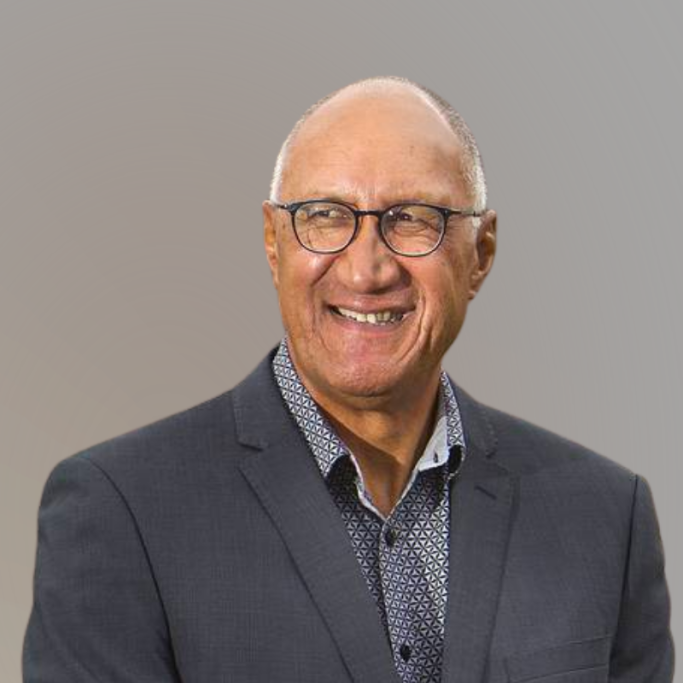
MC for the day: Wairangi Jones, Tūtira Mai Pou Matua, Cultural Advisor & Founder.
Te Arawa | Ngāti Tuwharetoa | Ngāti Raukawa ki te Tonga | Ngāti Maniapoto
We will use the Future Forum to show you tikanga Māori in practise and how to include te ao Māori in every day business.
Wairangi is the founder of cultural consultancy practice, Tūtira Mai NZ Ltd. This comes following a 30 year background in education providing academic background to a career of classroom teaching through to secondary school principalship. Wairangi holds duties on paepae kōrero (orators bench) as a kaumatua in Te Arawa, Tūwharetoa and Maniapoto. He provides a deep knowledge of te ao Māori which when combined with educational management practices, forms the base to coach, advise and guide organisations on a journey towards cultural leadership and capability.
There are very few people who live and breathe te ao Māori whilst being able to easily align it to the everyday actions of all New Zealanders in a way that is relational and unforced. Wairangi is one such person!
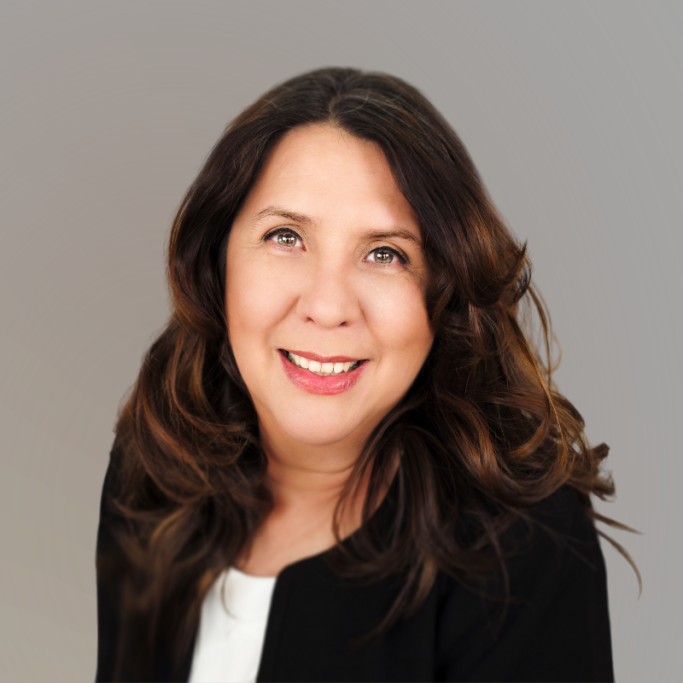
Hillmarè Schulze, BERL Director and Chief Economist
The Covid-19 pandemic, impacts on global supply chains, and geopolitical instabilities are having an impact on the steel industry, along with the manufacturing and construction sectors. Understanding the outlook and how this may play out moving forward is important for our Next Gen leaders who will have to prepare for the unknown… or is it that unknown after all?
Hillmarè draws on her experience, being a practising economist for more than 30 years across the globe. She has worked in multilateral and bilateral organisations, private and government sector. She is currently heading BERL, and values the credible and independent voice that the team brings to the economic and policy dialogue in New Zealand.
BERL has been in business for more than 65 years, and prides itself on being a private economic consultancy, supporting central and regional government, private companies as well as various Māori and iwi entities by providing a credible evidence base and economic analysis to support good decision-making. She is a strong supporter of regional economic development, the Māori economy and making sure that the next generation has the tools to be productive global citizens.
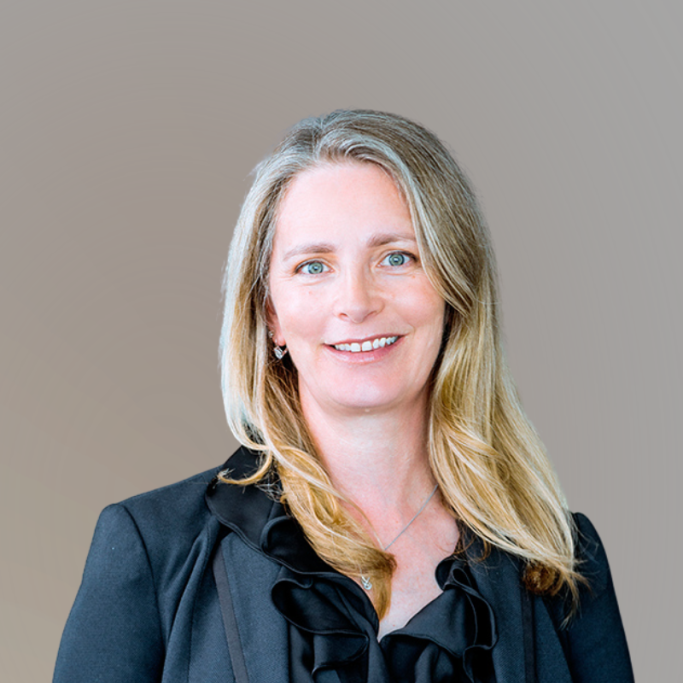
Gretta Stephens, Bluescope Chief Executive – Climate Change & Sustainability.
Steel is both carbon intensive and hard to abate as carbon is used as a reductant in the steel making process. To improve the embodied carbon performance of steel,it requires the steel mills to deliver significant carbon reductions. Many steelmakers have made public commitments along these lines, including BlueScope Steel. It is important that our industry is aware of, and able to explain, what the realities of decarbonisation for steel are.
Gretta Stephens joined BlueScope as Chief Executive New Zealand & Pacific Islands in 2018 – leading the mining, manufacturing and downstream businesses in New Zealand and the Lysaght and Acier manufacturing and distribution businesses in the Pacific Islands.
In early 2021 she was appointed Chief Executive Climate Change for BlueScope globally to lead the development and implementation of BlueScope’s Climate Strategy and decarbonisation pathway towards the goal of net zero greenhouse gas emissions by 2050. From early 2022 the role expanded to Chief Executive Climate Change & Sustainability.
A qualified engineer, Gretta has over 30 years’ experience in the heavy industry in Australia and New Zealand and has held senior leadership roles in operations leadership, business transformation and technical development. Gretta is a member of the Institute of Company Directors, and has sat on a number of internal boards including the New Zealand Business and Parliamentary Trust, was a member of the NZ Prime Minister’s Business Advisory Council and the Electricity Authority’s Security and Reliability Committee.
Prior to joining BlueScope, Gretta was in the aluminium industry, as General Manager and Chief Executive of New Zealand Aluminium Smelters from 2013-2018 and General Manager of Business Improvement & Technology for Rio Tinto’s Pacific Aluminium business from 2010.
Gretta holds a B.Sc in Chemistry & Materials Science and a B.E in Materials Engineering (Hons) from Monash University.
Panel: Succession Planning.
Labour and skills shortages continue to be a massive pain point for our industry. In a space where shoulder taps and enticing offers are leading to the poaching of key team players – succession planning should be high priority on a company’s agenda.
This is a not to be missed session – particularly if you are a family owned business who is navigating the need to attract and develop your next gen leaders to take over.
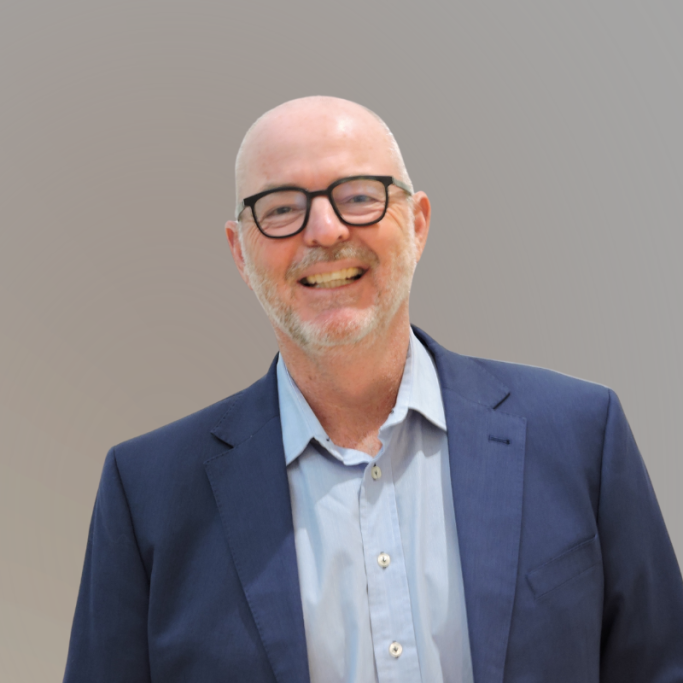
Cam Wallace, Bellingham Wallace Director.
There’s a good story to how a street-smart business owner with no formal finance background ended up as the Head of Business Development at Bank of New Zealand before joining the Bellingham Wallace team in 2022.
For 15 years, Cam was part owner of a 120FTE / $35m turnover 3rd generation family electrical engineering business importing, exporting, and manufacturing from its headquarters in East Tamaki. In 2010, Cam’s 60-year-old family business, Electropar Limited, was sold to NASDAQ listed US Corporate Preformed Line Products. For 4 years thereafter Cam worked for the new American owners learning about how a truly innovative and global, multinational business operates in the process.
Following a short stint at Business Growth Hub, The Icehouse in 2015, Cam joined BNZ in early 2016 and applied his practical experience and insight as a former business owner and corporate employee across the medium enterprise space.
At Bellingham Wallace, Cam delivers advice, strategy, and governance either in his capacity as member or chair of client advisory boards. He also undertakes strategic projects across sectors as diverse as manufacturing, food and beverage, export, import distribution and construction.
Cam also leads the banking advisory team helping medium sized businesses improve the relationship with their bank and spearheads Bellingham Wallace’s non-bank lending, providing structured capital funding alongside main bank funding or on a standalone basis.
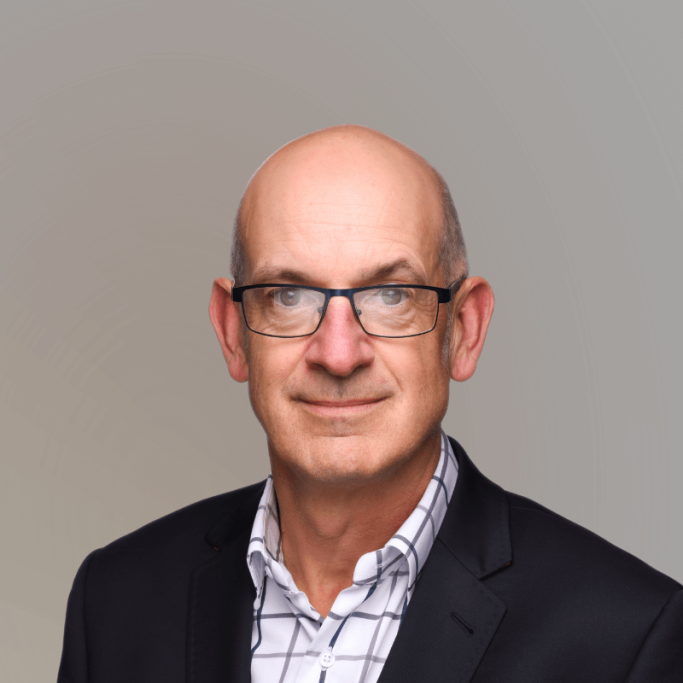
David Wallace, Armillary Private Capital Joint Managing Director.
David has a background in asset management, investment banking, equities research and corporate treasury, with 30 years of experience working in the capital markets in New Zealand. His experience includes corporate treasury roles for Winstone Limited, NZ Steel, and Clear Communications and has worked for JP Morgan (formerly Ord Minnett). Throughout his career he has overseen a broad range of transactions including IPO’s, debt raisings, MBO’s, mergers, acquisitions and divestments, and has been a rated equities analyst for the telco and IT sectors.
Alongside working with a range of clients, David also has key responsibility for Armillary’s management of the Unlisted Securities Exchange a prescribed exempt financial product market and Crowdsphere a licensed equity crowdfunding and peer-to-peer lending platform. He also currently chairs Startup Queenstown Lakes Trust and NZ Crane Hire.
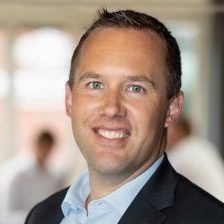
James Macmillan, REDE Senior Broker.
James is a shareholder and senior broker at Rede Business. Rede is an advisory firm passionate about assisting hard working New Zealand business owners to sell their businesses and move into the next phase of their lives with a smile on their face. We have developed a unique proposition whereby we are able to consistently achieve premium prices for our clients without asking them to take common risks that lead to unwanted market exposure and critical stakeholder’s getting wind of a potential sale.
James and his team have been selling businesses across New Zealand in a value range of $2-50m for the past 6 years.
Prior to joining Rede, James worked within the New Zealand banking industry for 15 years. Over that time he was able to work across a number of sectors and segments including Property Finance, Restructuring & Insolvency, Business, Commercial and Corporate banking.
Through this experience James grew an interest, passion & understanding of particular industries such as Food & Beverage sector, Heavy Industries, Education, particularly early childhood and any revenue model where contracted and recurring income exists. James believes in challenging the status quo, surrounding oneself with great people and being compassionate and helping others.
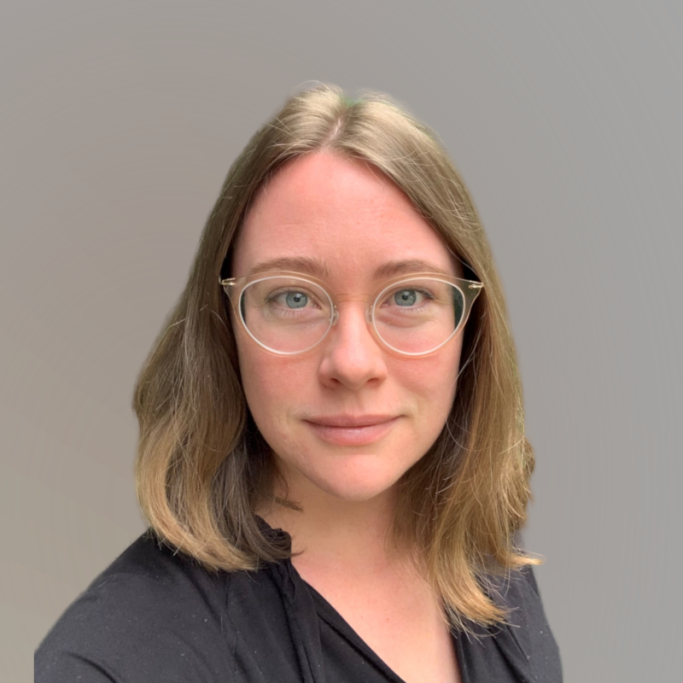
Amelia Burnett, Associate Director – InfraTech at the Global Infrastructure Hub.
We all now have better understanding of what HERA means when we talk about Construction 4.0 and Industry 4.0. We also are aware of the massive potential adopting new technology provides not only in productivity, reduction of waste, expansion of business models and response to fast changing environments and consumer demands – but also the bottom line. We delve deeper into this, presenting insights and trends from the Global Infrastructure Hub’s research for the G20 on InfraTech (Infrastructure Technology), and the role that InfraTech must play in helping organisations and governments to meet their net zero and ESG targets.
Amelia Burnett is the Associate Director for InfraTech at the Global Infrastructure Hub, where she works to increase levels of investment globally into InfraTech projects through the GI Hub’s innovation-focused programs and data-driven thought leadership. Before joining the GI Hub, as Director of Clementine Consulting, she provided strategic advisory services to projects and organisations seeking to affect positive change in the built environment sector.
Amelia has held leadership positions with infrastructure transformation programmes in the UK, including the National Digital Twin programme, Construction Innovation Hub and the Centre for Digital Built Britain. She is now based in Aotearoa – New Zealand.
Panel: Government and industry collaboration.
With the upcoming New Zealand Government elections in October, many companies are likely wondering what the impact will be on business as usual if there is a change in Government.
Join us as we discuss what the future of steel in Aotearoa looks like and the strategies for Government and industry collaboration that might exist.
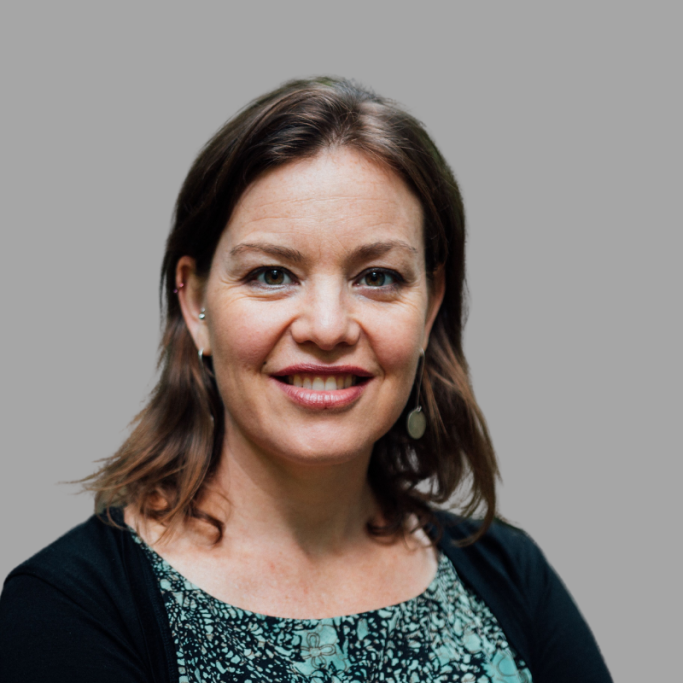
Hon. Julie Anne Genter, Green Party spokesperson for Building and Construction and Deputy Chair of Parliament’s Transport and Infrastructure select committee.
Julie Anne Genter has been a Member of Parliament for the Green Party since 2011, and is currently the spokesperson for Transport, Energy and Resources, Finance, Urban Development, Building and Construction, Infrastructure and State Owned Enterprises. She is also Deputy Chairperson of Parliament’s Transport and Infrastructure Select Committee.
Julie Anne previously served as Minister for Women and Associate Minister of Transport and Health, from 2017-2020. In that time, she led development of the Government’s emissions reduction policies in transport, most notably the extremely effective Clean Car Discount and Standards. She also oversaw a work programme that resulted in the largest ever recorded reduction in the gender pay gap in the public service, and the single largest increase in primary maternity funding.
Before entering politics, Julie Anne worked as a qualified planner and transport consultant in Auckland. It was here she produced ground-breaking research into transport economics and urban design, authoring research reports for the NZTA as well as a chapter on reducing carbon emissions from transport in the book Carbon Neutral by 2020: How New Zealand can tackle climate change. Even after more than a decade in Parliament, Julie Anne remains as motivated as ever to combat the climate crisis and ensure a liveable future for her children and their peers.
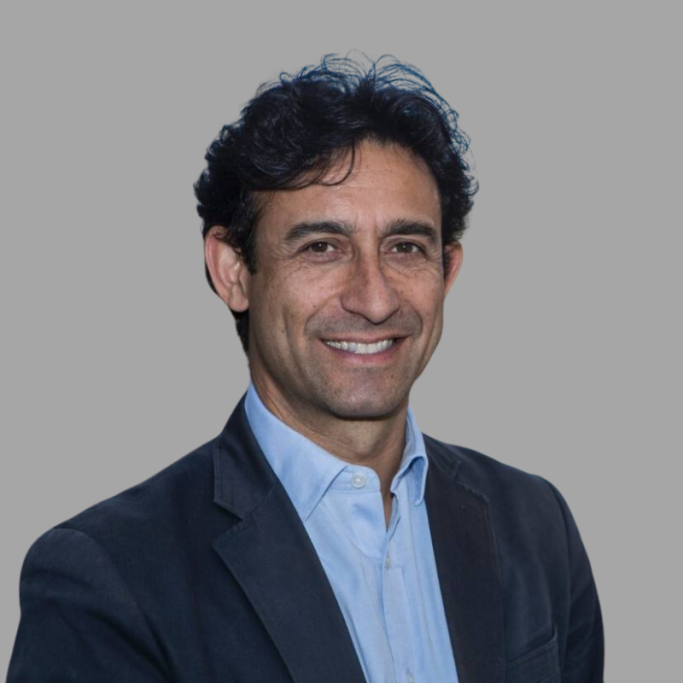
Raf Manji, Leader of The Opportunities Party.
Raf is Leader of The Opportunities Party, a role he took up in early 2022. Prior to that, he served two terms as a Christchurch City Councillor. As Chair of the Finance Committee, his main focus was the Council’s financial position and insurance settlement, as well as its post-earthquake strategic direction, risk management and engagement with Central Government. He has also acted as an Independent Advisor to the Christchurch Foundation on the distribution of donated funds and support to the victims of the 15th March Terror Attack. He sat on the board of Christchurch City Holdings Ltd and was a member of Local Government working groups on Funding, Risk and Localism and the Central Government Working Group on Trade for All.
Raf has spent 11 years trading global markets and providing high-level macro-economic advice for investment banks in London from 1989-2000. He left banking to work for an environmental start-up, Trucost, which became a pioneering company focused on measuring and accounting for the environmental costs of business.
In 2002, he moved to New Zealand and has since been actively involved in governance, strategy and social enterprise. He has worked with the AsiaNZ Foundation, the Christchurch Foundation, the Volunteer Army Foundation, Refugee Resettlement Services, Christchurch Budget Services, Pillars and the Christchurch Arts Festival as both a volunteer and board member. In 2023, he proposed the introduction of the Teal Card, an app designed to invest in and promote sustainable and healthy outcomes for our younger generations.
He has a degree in Economics and Social Studies from the University of Manchester and a Graduate Diploma in Political Science and a Masters in International Law and Politics from the University of Canterbury.

Hillmarè Schulze, BERL Director and Chief Economist
Hillmarè is of course, one of our key note speakers, and is presenting on global economic issues and megatrends to put on your radar. She returns to join this panel and give context to Government elections from an economic perspective.

Teresa Poli, Aurecon Senior Consultant.
There is a growing sense that understanding Mātauranga Māori in business is required – but why is Government requiring us to engage with iwi, and how exactly do we do that? There are many cultural sensitivities, unknowns and uncomfortable dealings facing organisations but no clear start point or practical steps to take. We explore what that looks like, and how we can cross this discomfort through the lens of sustainability, construction and steel design and fabrication.
Teresa has worked in construction and infrastructure across Australia and Aotearoa, in a variety of projects from landfills, to petrol chemical containment, water reservoirs, and road construction. Holding a Bachelors of Engineering (hons), majoring in Environmental Engineering from the University of Waikato she is currently completing her Masters of Engineering, where her thesis is investigating how Māori education can be incorporated into the Engineering curriculum. Her goal is to provide engineers with some knowledge of Māori design principles, Te Tiriti o Waitangi, iwi engagement practices, Te Ao Māori, mātauranga Māori and kaitikitanga to assist in the development and assessment of education provided to engineers about indigenous culture of Aotearoa and minimise the racism held in the engineering profession. She has a huge passion for promoting and supporting rangatahi, in particular Māori and wāhine, in construction and infrastructure roles, as well as the social and environmental broader outcomes associated with the construction industry.
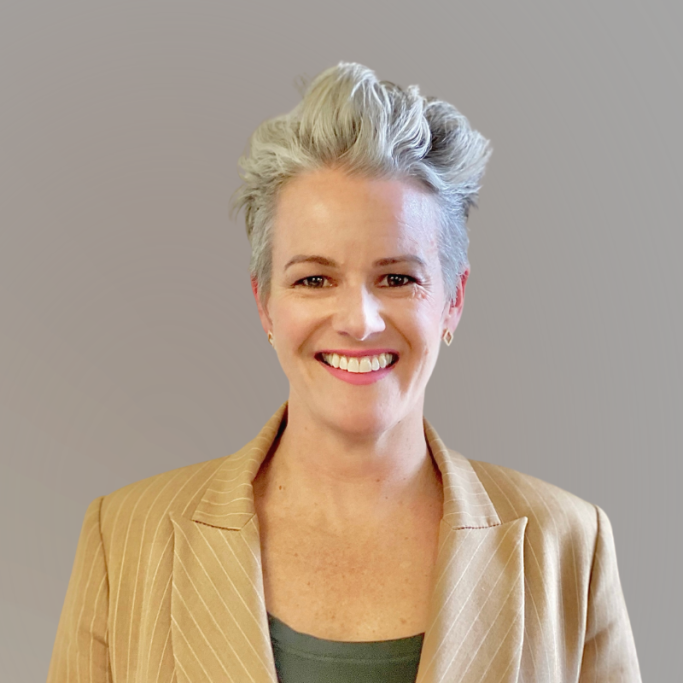
Hillary West-Reeve, Phoenix Metalman Recycling Executive Director – Chief Sustainability Officer.
In the business of offsetting every truck kilometre, every equipment, every container movement to destination port and global recycling – Hilary’s role has her on a mission to ensure Aotearoa New Zealand’s metal recycling industry leads in the environmental stewardship of an infinitely renewable resource. Join us as she challenges you to rethink your own business processes when it comes to waste management, and why it is important to do so!
Hilary is no stranger to HERA, having worked with us extensively in our steel recycling reporting, as well as her capacity as a board member of the Sustainable Steel Council.
Her focus falls squarely on resource recovery, demolition and de-construction – working with the Engineering & Manufacturing, Automotive, Battery supply, Construction, Demolition, Import, Export, Energy and Waste sectors and the general public as a Toitū Envirocare Net Carbon Zero certified organisation.
She advocates for and facilitates the recovery of metallic resources, diverting those resources from landfills, whilst operating in an environmentally sustainable manner, so they reach their recycling potential within their local and global circular economies.
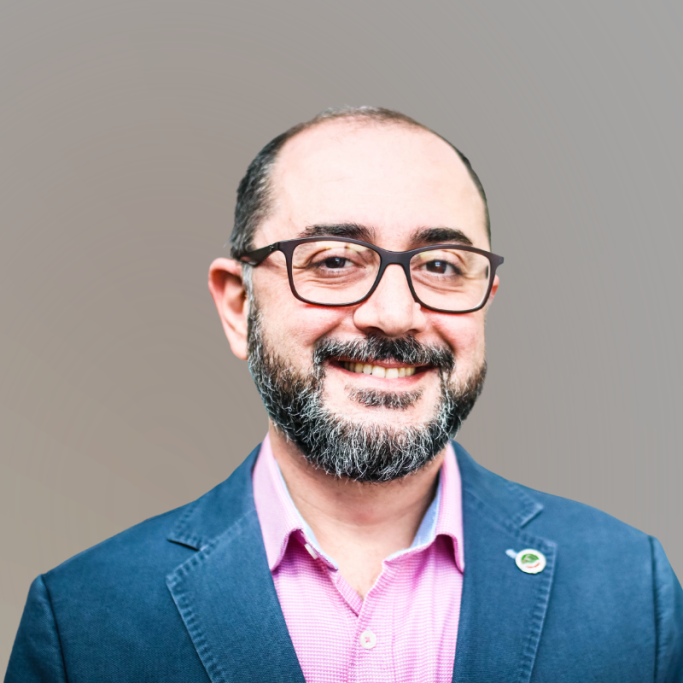
Raed El Sarraf, WSP – Technical Principal, Asset Integrity Management
The construction industry contributes nearly 40% of the annual global carbon emissions, roughly split between 27% on operational carbon and 13% on building and infrastructure materials and construction. Unfortunately, COP27 has identified that carbon emissions from buildings and construction has exceed pre-pandemic levels, thus increasing the risk that the industry will not meet the 2050 net zero commitments.
The question for the construction industry is what do we need to do now to meet the 2030 50% carbon reduction and net zero 2050 targets, and what may be seen as an oxymoron, structural steel’s role in decarbonising our future.
The presentation will discuss an engineer’s view on how can we design our way out of the climate crisis, based on understanding and implementing the hierarchy of net zero design.
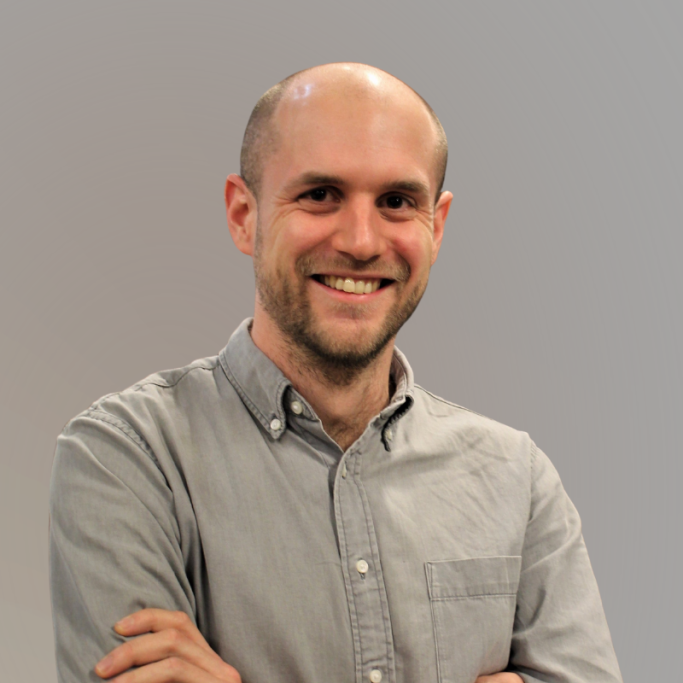
Will Hawkins, University of Bath Lecturer – Department of Architecture & Civil Engineering.
What is carbon in timber versus steel? How do you as a business better understand this, and why should you care? More importantly – how do you navigate this space and respond to these questions when your clients ask what you are doing in this area?
Will is a structural engineer and researcher interested in efficient and sustainable use of materials in buildings. His specific areas of research include the potential of shell structures to minimise material usage, innovative structural use of low-carbon, natural materials, sustainable re-use of existing buildings, life cycle assessment and embodied carbon of structural materials, optmisation of concrete structures and textile-reinforced concrete.